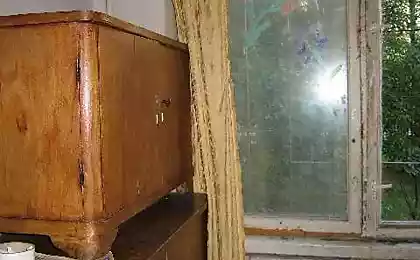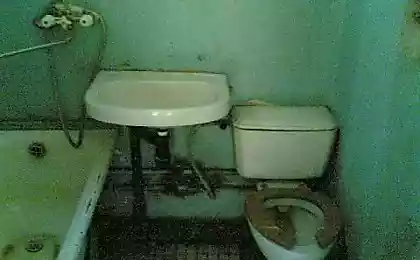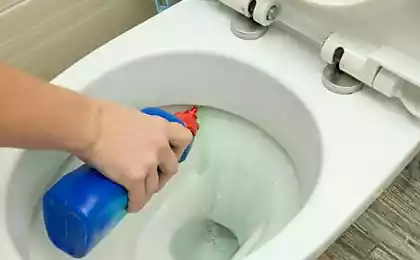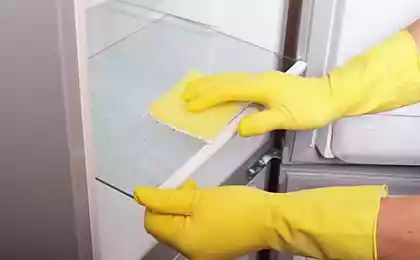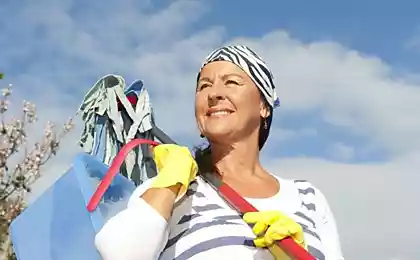264
How and what to disinfect your home
During quarantine, it is especially important to ensure yourself protection against all kinds of infections.
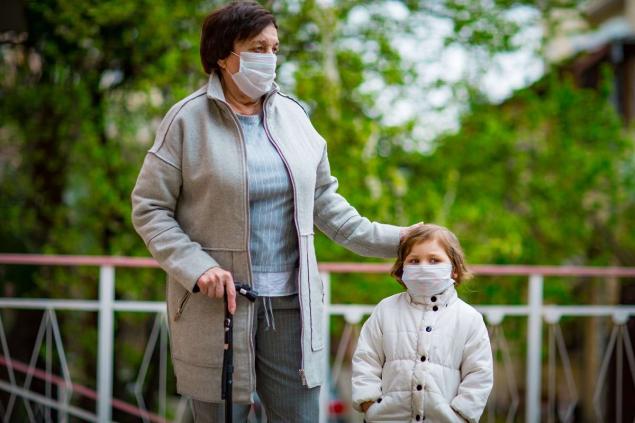
We have already written about how to protect yourself on the street (wear a mask and gloves, not touch your face, maintain social distance, wash your hands).
But most of the time we now spend at home, so it's time to take care of the safety of our home.
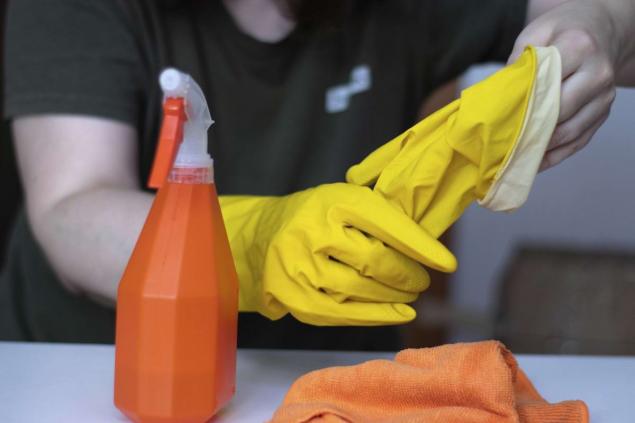
What should be the cleaning during the coronavirus pandemic, what and how to use for disinfection in the apartment? These questions are answered by the "Site" .
Disinfectants for premises
We will all now spend more time at home, so disinfection of our homes is more relevant than ever. Keep it clean, wash your hands more often, use personal protective equipment and be healthy!

We have already written about how to protect yourself on the street (wear a mask and gloves, not touch your face, maintain social distance, wash your hands).
But most of the time we now spend at home, so it's time to take care of the safety of our home.

What should be the cleaning during the coronavirus pandemic, what and how to use for disinfection in the apartment? These questions are answered by the "Site" .
Disinfectants for premises
- General rules
The main principle of cleaning: from clean to dirty. Therefore, you should start from the upper planes and from the distant rooms, gradually moving down to the baseboards and floor, as well as to the exit from the apartment.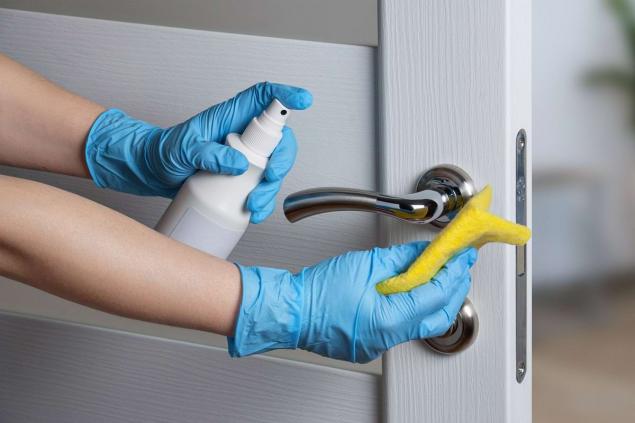
It is known that the coronavirus can live on various surfaces from several hours to 8 days. For example, on aluminum 2-8 hours, on steel up to 2 days, up to 5 days on glass and up to 6-8 days on plastic. This implies the need to regularly disinfect all contact surfaces: door handles, railings, elevator buttons, valve valves.
Upon entering the apartment, you should immediately wash your hands thoroughly with soap and water. Then undress and wash your hands again, because clothes can also have viruses. Shoes are best cleaned outside the home with an antiseptic or alcohol solution. - Wet cleaning
Wet cleaning is the foundation of effective virus protection. During it, you must use disposable gloves and provide sufficient ventilation so as not to breathe in the vapor of disinfectants.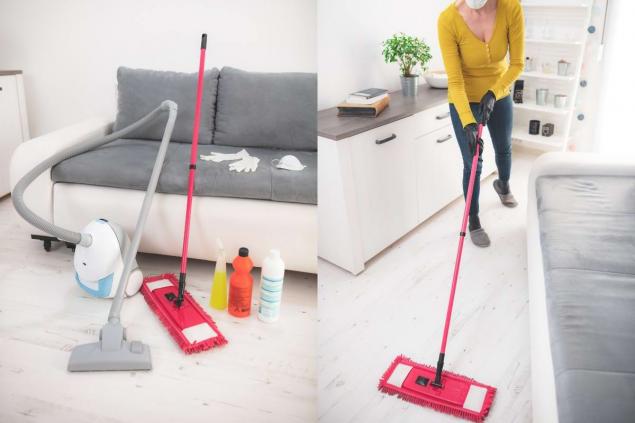
Wash floors and wipe surfaces preferably twice a day. For floor disinfection, hydrogen peroxide (1 glass per ten-liter bucket of water) is suitable. Wooden furniture can be treated with linseed oil, which is a strong antiseptic.
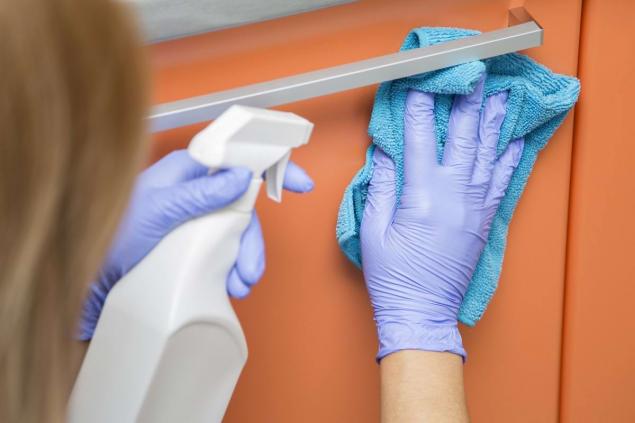
It is optimal to rinse glass surfaces with an aqueous solution of vinegar at the rate of 1: 3. Sink, bathroom and kitchen surfaces can be treated with ammonia at the rate of 1 tablespoon per 1 liter of water.
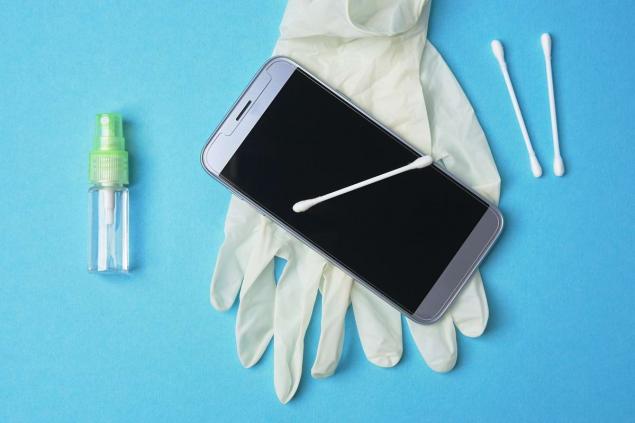
It is advisable to treat plastic items with chlorine-containing agents. Things and surfaces that you constantly touch (pens, switches, computer mice and keyboards) can be wiped from time to time using alcohol wipes and an antiseptic. - Airing
Airing helps fight all infections that enter the body through airborne droplets. Open windows in rooms regularly, but do not forget about basic disinfection methods.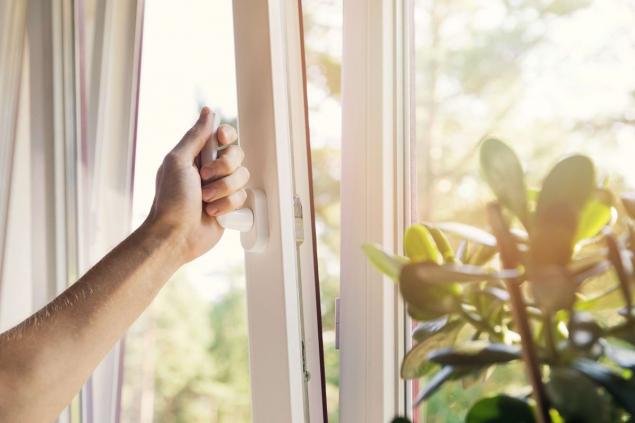
Comfortable air humidity also plays an important role. After all, dry air dries out the mucous membrane, reducing the body's resistance to infections. Therefore, doctors recommend that citizens use air humidifiers and more often audit ventilation systems.
For disinfection of the air, prevention of flu and colds, aroma lamps with essential oils have long been used. Essential oils of tea tree, thyme, juniper, eucalyptus, sage have disinfecting properties. Eucalyptus, tea tree, thyme, juniper, spruce, cinnamon, lemon help fight influenza and acute respiratory infections. - Wash
When we come back from the street, we carry bacteria and viruses on our clothes. Experts clarify that the likelihood of getting infected in this way is very small, but why risk it again?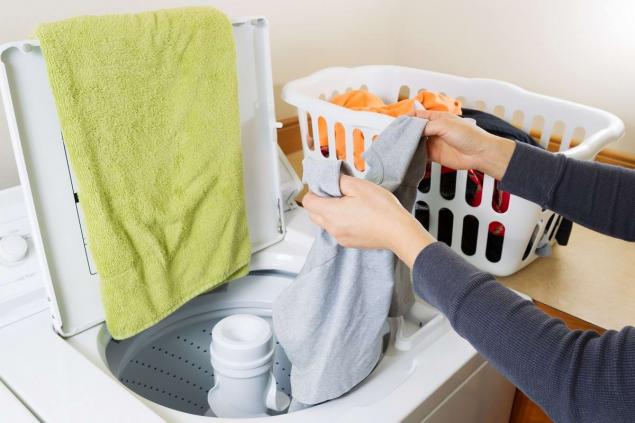
It is better not to shake out dirty clothes before washing and store them in a plastic bag. It is possible to wash clothes now, during an epidemic, with the frequency we are accustomed to (except for cases of contact with an infected person).
If you were in the center of the disease, then you should take some precautions. Use the maximum heat setting for the tissue (viruses are sensitive to high temperatures). You can steam things with a steam iron. - Houseplants
According to some reports, indoor plants can neutralize up to 85% of indoor air pollution. Green friends emit volatile substances into the air, which, even in small concentrations, cleanse the air of harmful microorganisms and improve people's well-being.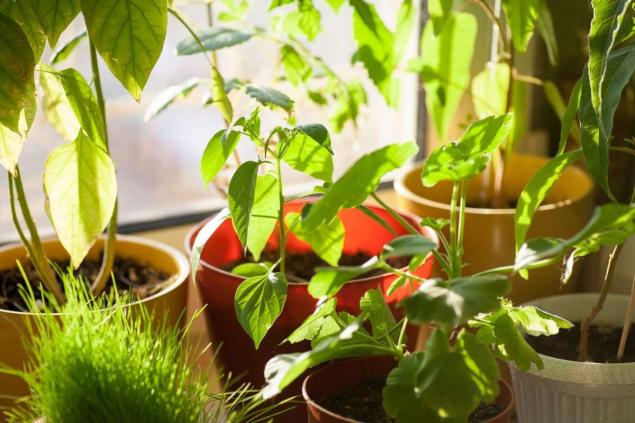
Among the most useful domestic plants are the coffee tree, geranium, asparagus, azalea, ficus, citrus fruits. Earlier we talked about which indoor plants should be placed in the house if you want a wonderful aroma in addition to delicate foliage or beautiful flowers. - Ultraviolet radiation
Quartz (ultraviolet) lamps have been successfully used for a long time for the disinfection of instruments and medical institutions. Before quartzing a room, you must free it from people, pets and plants.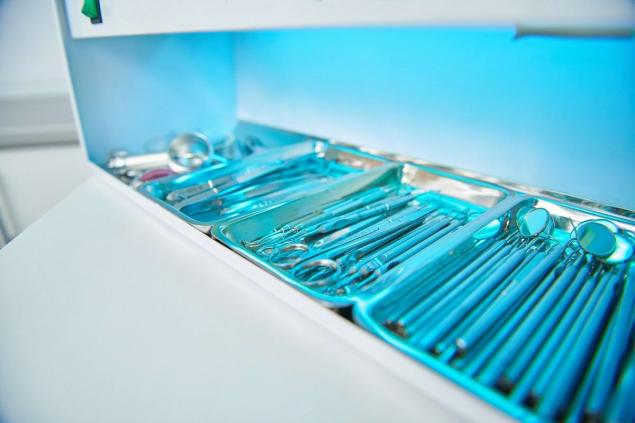
The first session is performed within 30 minutes. Then the room should be ventilated for 5-7 minutes. In the future, you can carry out quartzing 1-2 times a day for 10 minutes.
We will all now spend more time at home, so disinfection of our homes is more relevant than ever. Keep it clean, wash your hands more often, use personal protective equipment and be healthy!
How to prepare envelopes from lavash with cottage cheese
The skill of cooking fish in garlic cream sauce














